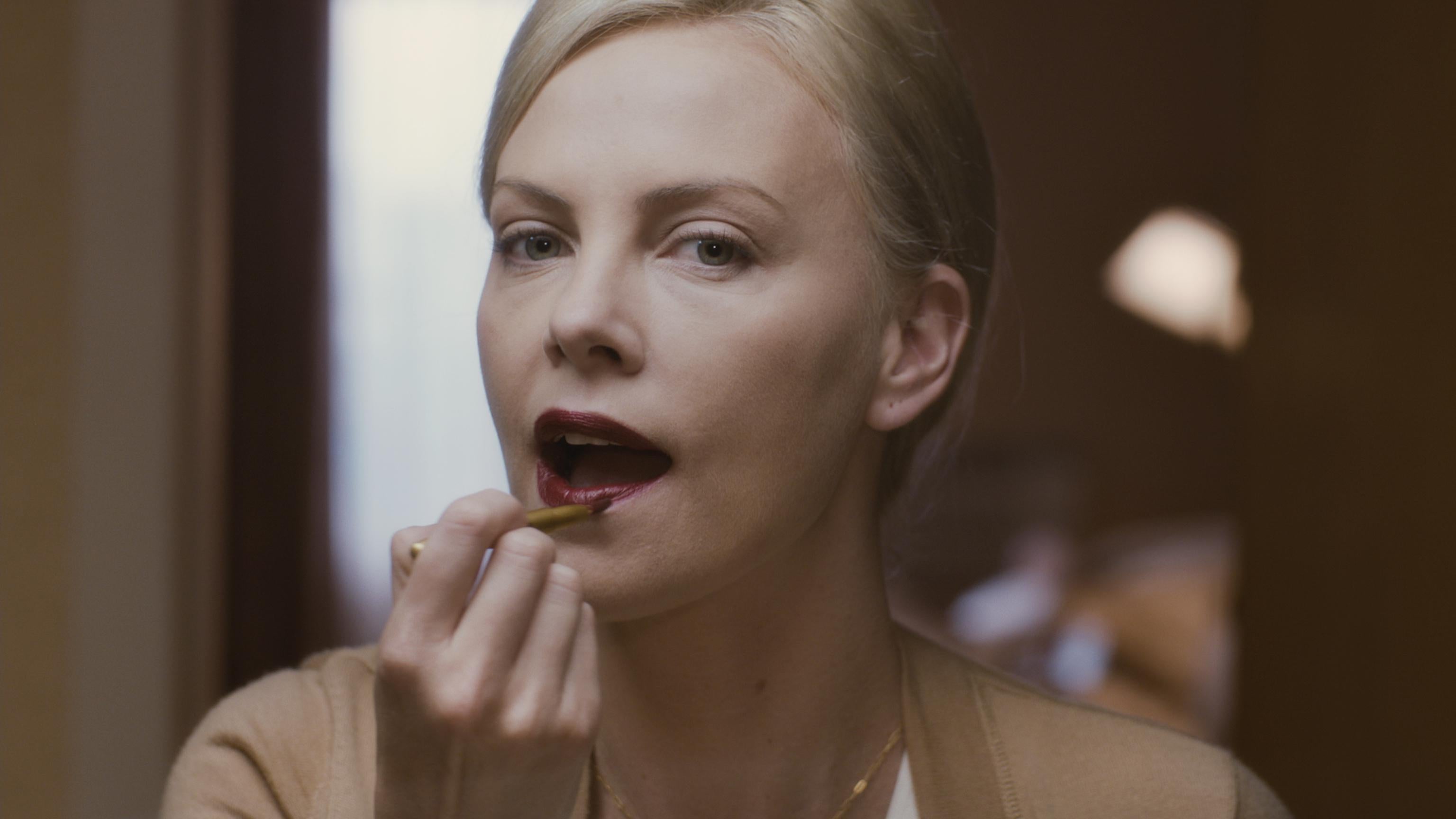There’s an odd line in Roger Ebert’s otherwise mostly astute review of Young Adult, the new movie written by Diablo Cody, directed by Jason Reitman, and starring Charlize Theron as Mavis Gary, a YA-fiction writer who goes back to her hometown to seduce her high school boyfriend away from his wife and new baby. Ebert points out, rightly, that Mavis is an alcoholic, then claims that “civilians (and some of the critics writing about this film) are slow to recognize alcoholism.”
That’s not the odd line. I suspect he’s right—and Ebert, who has written candidly and at length about his own alcoholism, knows the subject better than most. He goes on to say that Mavis’s alcoholism “explains a lot of things: her single status, her disheveled apartment, her current writer’s block, her lack of self-knowledge, her denial, her inappropriate behavior. Diablo Cody,” Ebert says, “was wise to include it; without such a context, Mavis would simply be insane.”
That’s the odd line. What does Ebert mean by “simply insane,” exactly? I suspect he means that if we didn’t have alcoholism to explain Mavis’s bad behavior, her actions would make no sense—she would be “insane” in a manner similar to, say, the Joker as played by Heath Ledger in The Dark Knight, a character beyond human understanding, whose wild actions are essentially divorced from human psychology.
He is using the term very differently, in other words, from the way Maureen Johnson, herself a writer of fiction for young adults, uses it in her review of the movie for the Huffington Post. When Johnson refers to Mavis as “genuinely insane,” she means that Mavis is mentally ill. (As Dan Kois notes in his podcast about the movie with Dana Stevens, this is also how Patton Oswalt’s character refers to Mavis at one point, and not unseriously; in his review, Kois compares the movie to Observe and Report, which explicitly features a bipoloar protagonist.) Mavis, Johnson writes, exhibits symptoms not only of alcoholism, but also trichotillomania (compulsive hair pulling) and depression. Most significantly, Mavis lacks empathy.
While “insane” as Johnson uses it is still an essentially colloquial term—it’s not one you’ll find in the DSM IV—her take on the character is much more accurate than Ebert’s. Alcoholism, in Mavis’s case, appears to be one of several problems—one that surely is worsening all of them, but is probably not the root cause. It may even have begun as an attempt to deal with some of those problems—though we can’t know that, since the movie doesn’t show when Mavis’s drinking began. What’s more, I’m in no position to diagnose Mavis Gary: Firstly, I’m not professionally trained to do so, and secondly, she’s a fictional character.
Still, she’s one that has been carefully written (and exquisitely acted), and she has a genuine depth that is worth trying to understand. Which is why Ebert’s attempt to do so—while in some sense, I think, mistaken—is at least far preferable to those takes on the movie that place Mavis Gary in a line of “unlikable” protagonists, comparable to, for instance, Cameron Diaz’s character in Bad Teacher. Over at Vulture, Kyle Buchanan does just this, saying “you can tell how giddy Charlize Theron and Diablo Cody were to craft a woman that dares the audience to dislike her” before wondering if the duo went too far in depicting Mavis’s “misbehavior.”
But Cody and Theron are not daring the audience to “dislike” Mavis Gary. (Mavis, who never breaks the fourth wall, certainly does not do this, as Buchanan suggests.) Rather, they’re asking the audience to sympathize with this character, to feel concern for her. That is what good writers and actors do, when not playing out-and-out villains (and sometimes even then). Which is why the whole conversation about whether a character is “likable” or “unlikable” is so frustrating and, ultimately, worthless. We like and dislike people for a whole range of noble and petty and, in any case, personal and often arbitrary reasons. There are plenty of such reasons to dislike Mavis Gary as she’s portrayed by Charlize Theron. What’s daring about Young Adult is that it asks you to care about her anyway.
